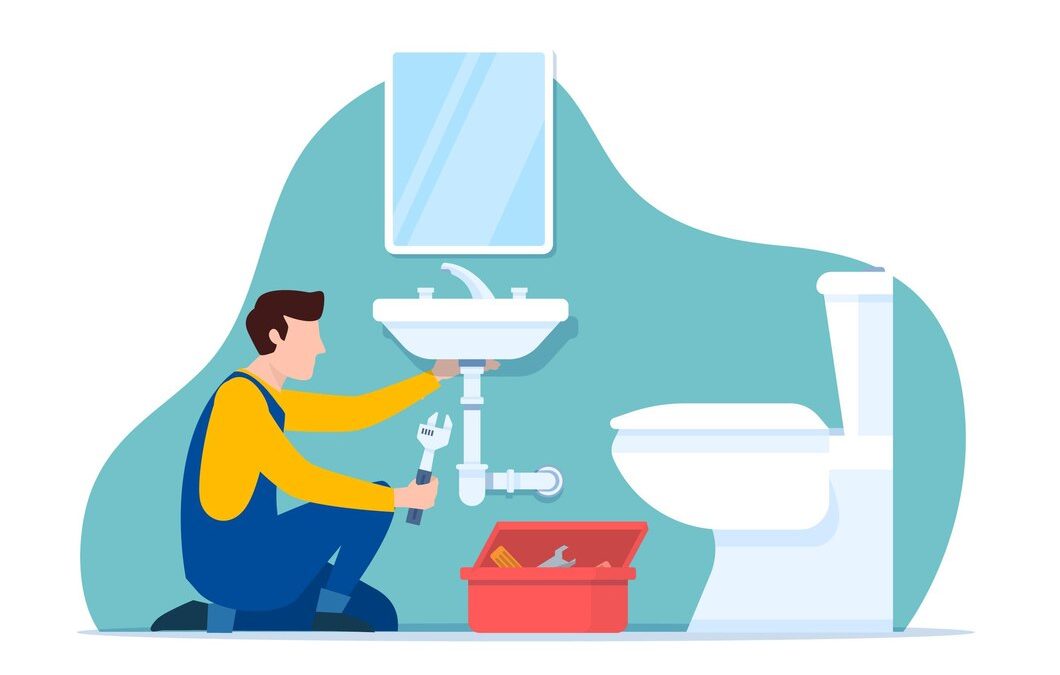Drain material selection directly impacts blockage frequency and maintenance requirements in residential and commercial plumbing systems. Smooth interior surfaces, appropriate pipe diameters, and corrosion-resistant materials create optimal flow conditions that prevent debris accumulation and reduce cleaning needs. blocked drains in Sydney are reduced when durable pipe materials are used, as the right selection supports smoother flow and long-term drainage reliability.
PVC pipe advantages
- Extremely smooth interior surfaces – The non-porous polyvinyl chloride material prevents bacterial growth and mineral deposits that commonly plague other pipe types, maintaining consistent flow rates over decades while discouraging debris adhesion.
- Chemical resistance properties – PVC withstands exposure to drain maintenance products, bleach, and acidic substances without developing surface irregularities that trap debris or compromise structural integrity.
- Seamless joint connections – Modern PVC fitting systems create smooth transitions between pipe sections, preventing the ridges and gaps where debris typically accumulates in other materials.
- Lightweight installation – The material’s low weight prevents joint separation from settling or movement, maintaining proper alignment that supports optimal drainage flow throughout the system’s lifespan.
- Temperature stability characteristics – PVC pipes resist expansion and contraction cycles that can create irregularities in pipe diameter, preserving smooth flow characteristics across varying weather conditions.
Cast iron performance
- Exceptional durability standards – Cast iron’s thickness and structural integrity make it ideal for main sewer lines where consistent performance over 50-100 years justifies initial material costs in demanding applications.
- Protective coating systems – Newer cast iron formulations include epoxy or polyethylene linings that preserve optimal flow characteristics while preventing traditional oxidation problems that create rough surfaces.
- Underground installation stability – The material’s mass prevents pipe movement from ground shifting or water table changes, maintaining proper slope and preventing joint separations that create blockage points.
- Sound dampening qualities – Cast iron’s density absorbs water flow sounds, making it preferable for installations near living spaces where PVC might create objectionable noise levels during operation.
Copper material benefits
- Natural antimicrobial properties – Copper ions naturally inhibit bacterial colonies that contribute to biofilm formation and organic matter accumulation in drainage systems, reducing blockage potential significantly.
- Thermal conductivity – The material’s heat transfer properties help maintain slightly elevated temperatures that keep cooking oils fluid, reducing kitchen drain blockage potential from solidified grease.
- Corrosion resistance capabilities – Copper develops protective patina layers that preserve interior smoothness while preventing the rust buildup that plagues iron-based materials over extended periods.
- Dimensional stability – Copper pipes resist deformation and maintain a consistent interior diameter throughout their service life, preventing velocity changes that promote debris settling and accumulation.
- Environmental sustainability – End-of-life copper pipes retain significant value and are completely recycled, supporting sustainable building practices while maintaining performance standards.
Modern composite options
- Ultra-smooth interior finishes – Advanced manufacturing processes create seamless interior surfaces that exceed PVC smoothness while providing enhanced structural characteristics for demanding drainage applications.
- Multi-layer construction design – Specialized inner layers designed specifically for drainage applications combine with structural outer layers to create superior performance profiles that resist blockage formation.
- Root penetration resistance – Composite formulations include additives that deter root growth while maintaining flexibility that prevents cracking from ground movement and external pressure changes.
- Chemical compatibility standards – These materials withstand both mechanical cleaning and chemical treatments without surface degradation or structural compromise, maintaining smooth interior conditions permanently.
Material selection directly influences drainage system performance and blockage frequency. Proper diameter selection enhances any material’s blockage resistance, creating drainage systems that require minimal maintenance while delivering reliable performance over decades of service.
Related posts
Categories
Recent Posts
Advertisment


